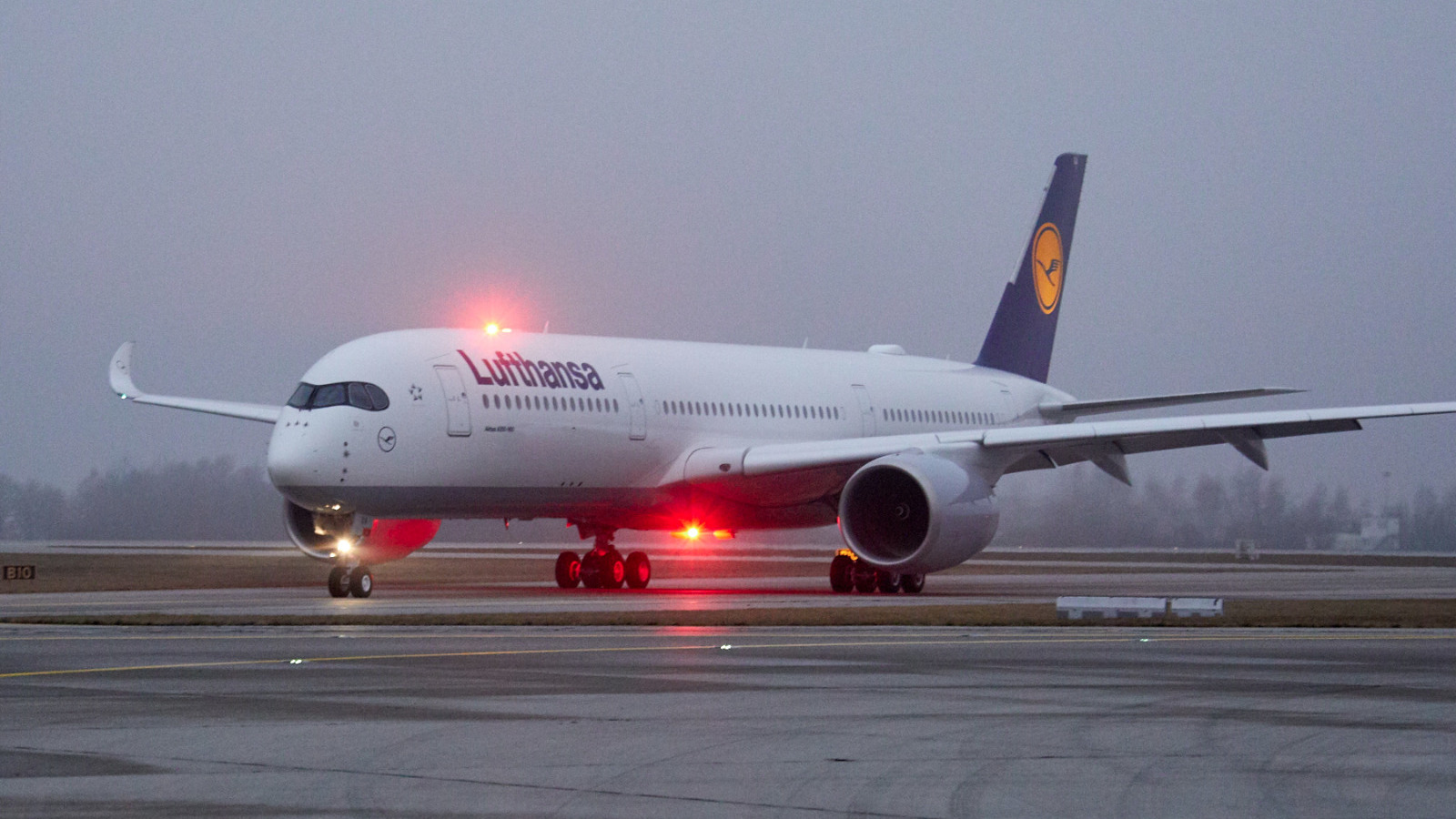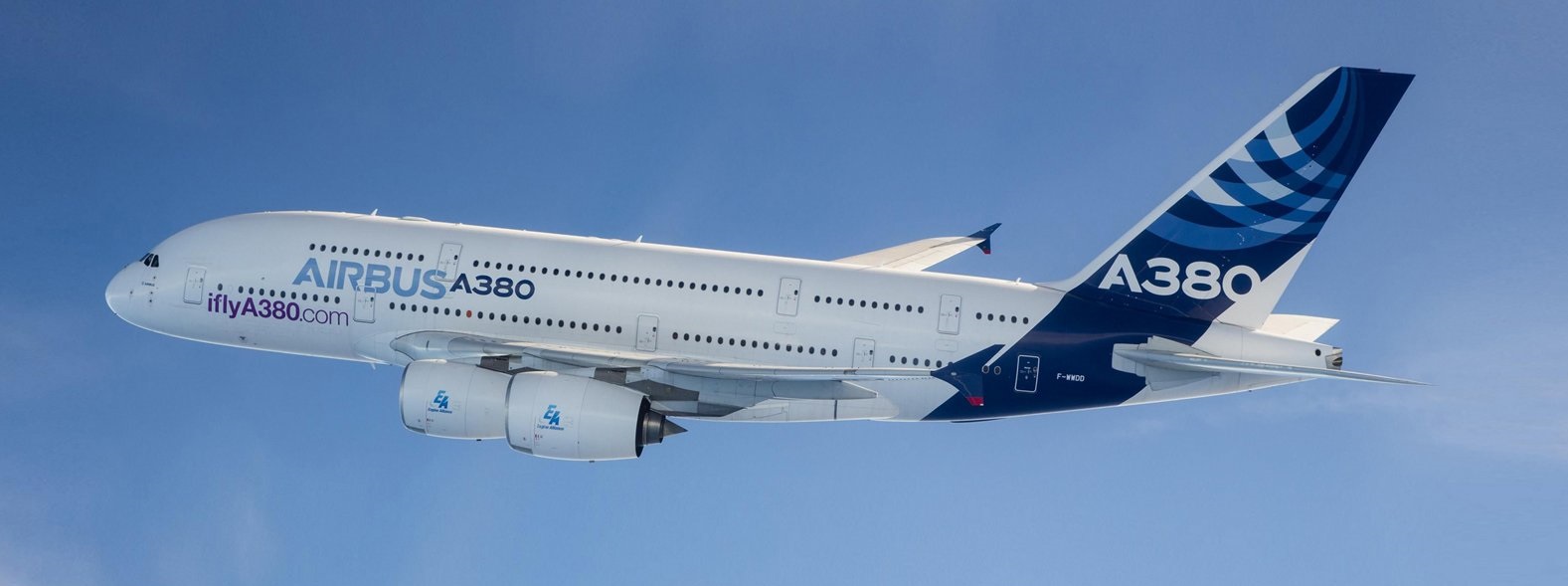SYDNEY (Reuters) – A German investment company said on Tuesday it would strip two unwanted Airbus A380 superjumbo passenger jets for parts after failing to find an airline willing to keep them flying following a decision by Singapore Airlines not to keep them in service.
The decision by Dortmund-based Dr Peters Group deals a fresh blow to the planemaker’s efforts to maintain market interest in the double-decker, barely 10 years after it went into service hailed by heads of state as a symbol of European ambition.
“Psychologically it is not good for Airbus, but this is a very large aircraft with a very small second-hand market,” said UK-based aerospace analyst Howard Wheeldon.
Despite strong reviews for its quiet and spacious cabin, demand for the 544-seater has fallen as many airlines drop the industry’s largest four-engined aircraft in favour of smaller twin-engined ones that are more efficient, and easier to fill.
“It’s too big. There was a battle for airline fashions and it lost out,” Wheeldon said.
Airbus says the iconic jet will eventually prove itself as travel demand saturates airport capacity at major cities.
“We can’t comment on the decision by Dr Peters, which is the owner of the aircraft,” an Airbus spokesman said.
“We remain confident in the secondary market for the A380 and the potential to extend the operator base.”
Singapore Airlines launched A380 services amid fanfare in December 2007, but returned the first two aircraft to their German financiers when leases expired some 10 years later.
The two discarded aircraft were repainted and flown to Tarbes in the French Pyrenees to be stored, and since then their fate has been uncertain as their owner looked for other takers.
“After extensive as well as intensive negotiations with various airlines such as British Airways, HiFly and IranAir, Dr Peters Group has decided to sell the aircraft components and will recommend this approach to its investors,” the company said in a statement emailed to Reuters.
Airbus has been working for months to try to stimulate a second-hand market for the A380 to encourage new airlines to take the risk of investing in the plane, knowing the asset would be worth the right amount when they decide to sell it on.
When it was launched, the A380 boasted highly customised interiors to help airlines promote a luxury feel, but the cost of replacing such bespoke fittings is now seen as a handicap.
“The problem is the cost of reconfiguration. It is $40 million (£30 million) or more per plane,” a senior industry source said.
PARTS RAID
The planes will not be scrapped entirely, but their huge frames will be combed for valuable components such as landing gears and electronics, a Dr Peters official told Reuters.
Their engines have already been removed and leased back to manufacturer Rolls-Royce for use as spares.
U.S.-based VAS Aero Services will be responsible for extracting and selling parts.
Dr Peters said the deal would yield a positive return for investors in funds used to finance the jets. It operates a number of boutique funds targeted at wealthy individuals and has two more A380s in Singapore that could face the same fate.
While dismantling the first two passenger-carrying A380s will embarrass Airbus and dismay the plane’s 3,800 workers, later examples of the flagship jet may not be as vulnerable.
Early copies of a new plane tend to be less efficient and Singapore Airlines recently ordered some new A380s. However, overall demand is thinner than Airbus expected, forcing it to slow production to a trickle while looking for more business.
Still, Emirates, the largest A380 customer, is keeping faith with the jet which brings millions of passengers a year through its Dubai hub and is associated with the airline’s global brand.
Throwing the loss-making programme a lifeline for a decade, Emirates recently ordered up to 36 more A380s and set out plans on Tuesday to install 56 Premium Economy seats.
(Reporting by Tim Hepher; editing by Mark Potter and Jason Neely)








